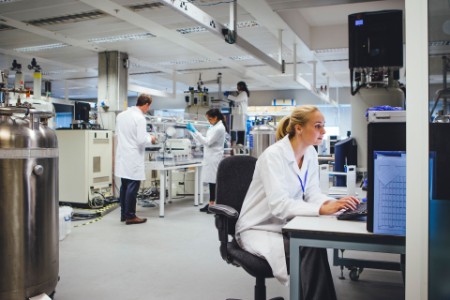Businesses are forging multi-stakeholder collaborations to build a better, more equitable future in other areas, too. As people marched shoulder-to-shoulder this summer, companies came together to address systemic racism. The Law Firm Antiracism Alliance, for instance, brought together more than 125 of America’s biggest law firms.5 Leading companies organizations like IBM, JPMorgan Chase, McKinsey, Accenture and the EY organization also formed the Jobs Council, which will expand opportunities for Black, Latino and Asian professionals by hiring 100,000 New Yorkers from low-income backgrounds.
When it came to climate change, a group of major automakers voluntarily agreed to even stricter emissions standards than the US federal Government required – while companies in many other industries worked toward the goal of becoming carbon carbon-neutral.6 C-suite sustainability leaders from major companies, including competitors like BP and Chevron, also came together under an initiative launched by the Sustainable Markets Initiative called S30, which is working to build pathways to sustainability.
Critical coalitions begin at the World Economic Forum
It’s coalitions like this that offer the most hope for our future – and we’re going to need even more of them if we want to find solutions to the most pressing issues on the horizon. And, in fact, that’s exactly what more and more people now expect from the business community. The 2020 Edelman Trust Barometer Spring Update found that 65% of respondents believed collaboration with competitors would maintain or increase confidence in business.
We need to restore that trust – which is why we also need to continue supporting organizations like the World Economic Forum (WEF). By creating a platform for leaders from some of the biggest, most innovative companies in the world to come together, WEF can bring competitors to the table and broker critical alliances.
WEF is where the Global Alliance for Vaccines and Immunizations (GAVI) was born and where the Alliance of CEO Climate Leaders first committed to reaching zero net emissions by 2050. And right now, it’s the place where another unique, radical collaboration is paving the way for businesses to make even more meaningful progress on society’s biggest challenges.


